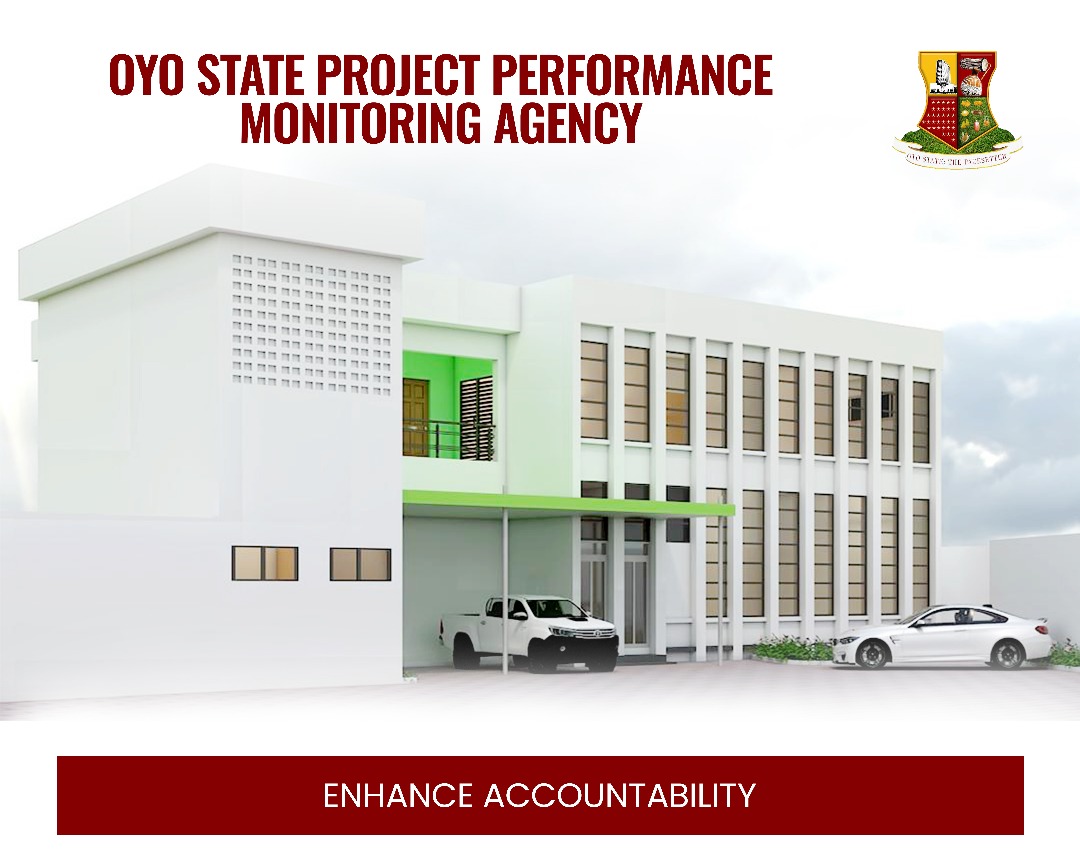Arapaja’s Legacy of Service: Tenure as Executive Chairman IBSE (Part 2) // By Adegbite Adedamola
Ambassador Taofeek Arapaja’s tenure as Chairman of Ibadan South East Local Government was marked by remarkable achievements and significant contributions to the community’s development.
His leadership journey in this capacity began in 1996 under extraordinary circumstances. During this period, the National Electoral Commission of Nigeria (NECON) conducted elections across all local governments in Nigeria without any Political Party’s involvement, following the military’s annulment of all Political Parties. This was termed a “credibility election ” or a “Zero Party Election” where candidates relied on their personal reputations and family images and background to campaign for votes.


Remember, Taofeek Arapaja is a son of the late Ladimeji Arapaja, a staunch supporter of the late Obafemi Awolowo. Ladimeji Arapaja died during Presidential Campaign of Obafemi Awolowo in Iwo, Osun state in 1978. Coupled with this, he has been appointed as Member, Teaching Service Commission of Oyo state in 1992; a position he utilized to the benefits of the people.
Taofeek Arapaja emerged victorious in the Zero Party Election, winning the election by a large margin, a testament to his strong antecedents and the trust he had garnered from the electorate. Once in office, Arapaja faced the daunting challenges of managing Local Government finances during a period when the Federal Government enforced a zero allocation policy, which drastically limited financial resources of the Local Government to the Internally Generated Revenue alone.

This made it impossible for the Local Government to pay the salaries of staff for about six months. However, Arapaja weathered this challenge with the spirit of a good leader by rejecting every largess of office and properly identifying with the plight of the workers. One of these instances was the rejection of the offer to go to Holy Pilgrimage by Aare Arisekola Alao, which Arapaja considered as being insensitive to staff plight.
Arapaja’s success in his first term led him to contest for a second term as Chairman of the same local government. By this time, General Sani Abacha formed five Political Parties in March 15, 1997. Arapaja joined the DPN and once again secured a landslide victory against his opponents in UNCP, NCPN and other two unpopular Parties. During this tenure, he was also appointed Chairman of Ibadan Local Government Properties, a body responsible for managing the landed properties of the eleven local governments in Ibadanland.
One of Arapaja’s notable achievements was the construction of numerous inner roads within the local government, a task he undertook without fear or favour. This was exemplified by the construction of the road from Oja Oba via Omiyale to Kobomoje, a project that required the demolition of structures, including the house of the late Abiola Ajimobi’s father. Despite facing threats and intimidation from those affected, Arapaja pushed forward, prioritizing the urbanization and development of the area.
In addition to road construction, Arapaja also focused on enhancing local markets. He transformed the market at Orita Aperin, Adelabu Market at Orita Challenge, and Owode Market at Academy Area into ultra-modern facilities. These upgrades not only improved the market conditions but also boosted local commerce.
Arapaja’s administration was also marked by a significant employment drive. He employed over two hundred new staff members, providing much-needed job opportunities for school leavers and reducing unemployment in the local government. Ad hoc and contract staff also benefited from this initiative, further strengthening the local economy.
Another critical area of focus was the provision of potable water for residents. Arapaja oversaw the installation of motorized boreholes and hand pump wells across various wards in the local government. These water projects, such as those in Ganiyu Bello Area (Ward Twelve) and Oso Aro Area (Ward Eleven), continue to serve the community to this day.
Furthermore, Arapaja’s administration constructed several bridges and culverts, improving infrastructure and connectivity within the local government. These projects facilitated better movement of people and goods, contributing to the overall development and modernization of the Local Government.
In summary, Ambassador Taofeek Arapaja’s tenure as two- term Chairman of Ibadan South East Local Government was characterized by his effective management of limited resources, infrastructural development, market modernization, employment creation, and provision of essential services. His bold and visionary leadership left an enduring legacy that continues to benefit the residents of the Local Government.

